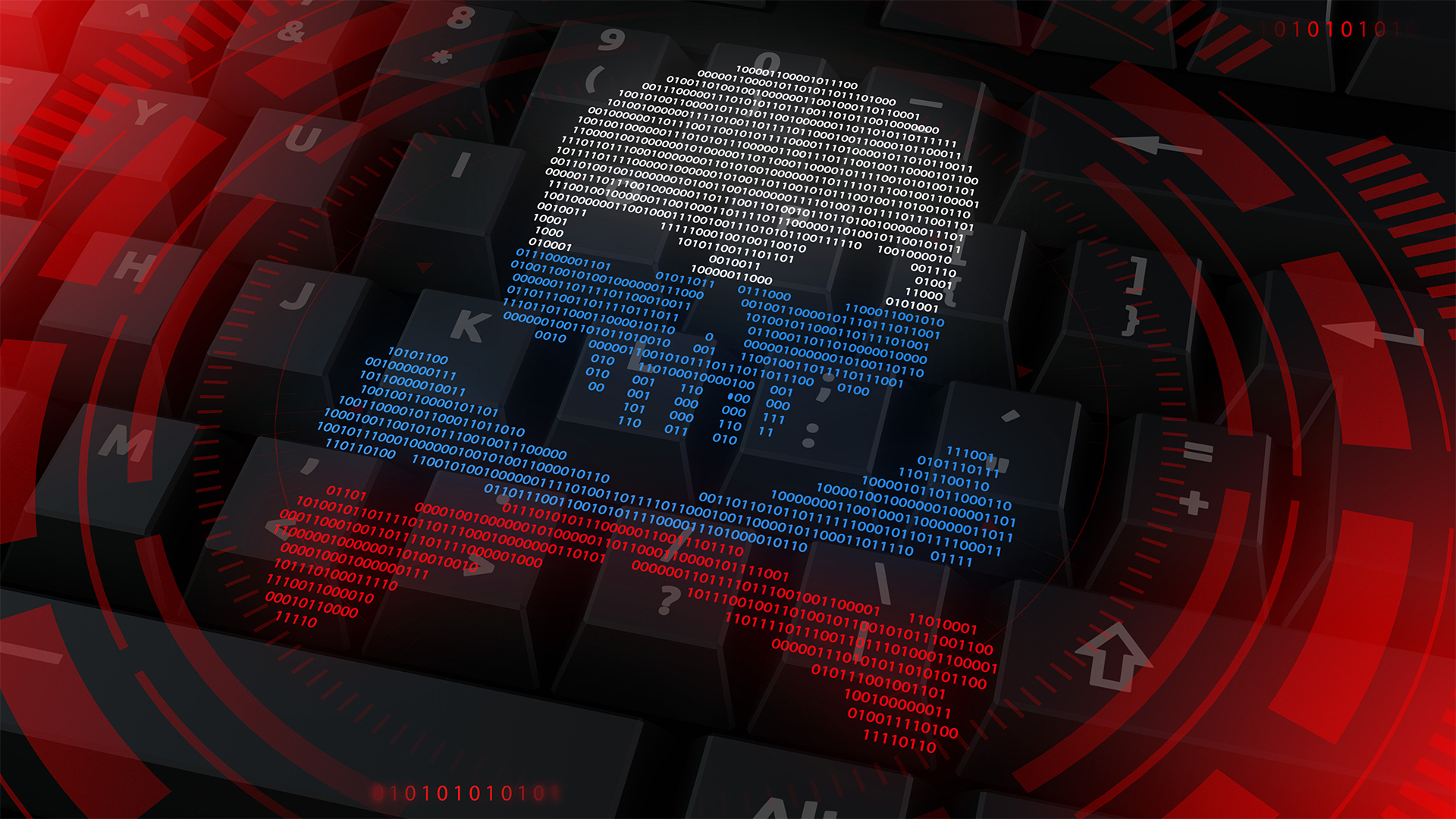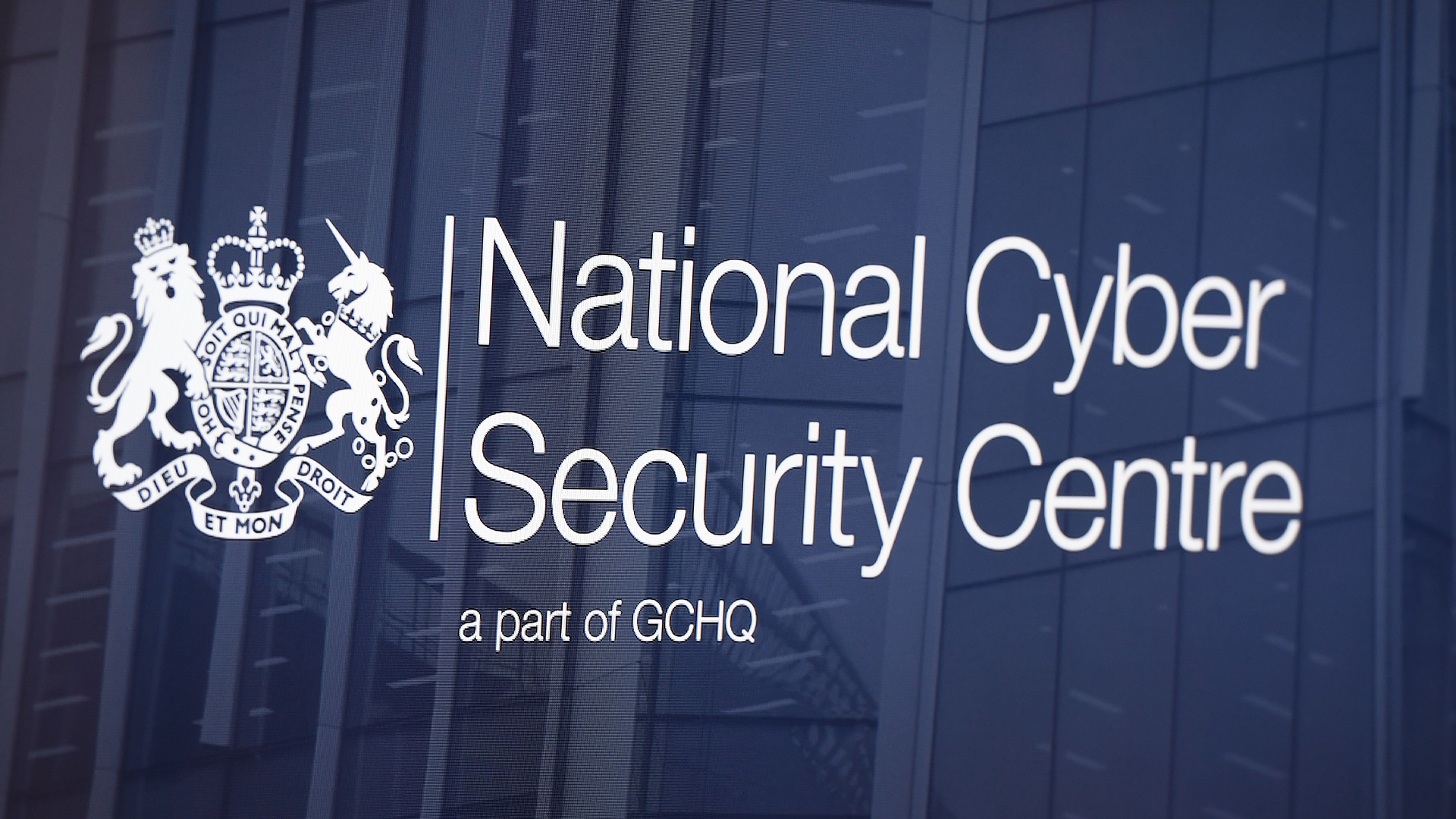‘States don’t do hacking for fun’: NCSC expert urges businesses to follow geopolitics as defensive strategy
Russia is increasingly using cyber attacks to sabotage supply chains


Business leaders need to stay up to date with geopolitics to keep their cybersecurity strategies up to date and mitigate the risks posed by state-backed hacker groups.
This is the message that Paul Chichester, director of operations at the UK’s National Cyber Security Centre (NCSC), delivered to attendees at a keynote session of Infosecurity Europe 2025.
The call to action from Chichester came as states known to support threat actors and engage in cyber attacks of their own step up efforts to disrupt critical infrastructure
Chichester said Russia’s cyber capabilities in particular have improved in recent years, with its invasion of Ukraine used as an opportunity to hone offensive cyber techniques. Along with Russia, Chichester focused on the threat China-backed groups pose to both public and private organizations.
“I'll come back to this a few times, but states don't do hacking for fun,” Chichester said.
“They do not do things for the sake of it. There is always a reason. We might not know the reason sometimes and that's quite a challenge for us, but we shouldn't assume that they're just doing it because they can.”
Chichester urged businesses who are being targeted by a state APT to carefully consider why and to assess how geopolitics feeds into their defensive strategies.
Sign up today and you will receive a free copy of our Future Focus 2025 report - the leading guidance on AI, cybersecurity and other IT challenges as per 700+ senior executives
“At the end of the day, cyber isn't really just, or even, a technical thing. It's a tool that somebody uses, be it a criminal, be it a state. How does that risk manifest itself for you?”
The past few years have seen a number of high-profile attacks by state-sponsored groups on organizations to achieve ideological and military aims. Chichester said Russia is increasingly targeting supply chains which feed into Ukraine, with defense, energy, and logistics companies firmly in its crosshairs.
In 2022, for example, Microsoft warned the Russia-backed group Seashell Blizzard was using the Prestige ransomware strain to target organizations involved in the supply or transport of humanitarian aid and military shipments to Ukraine.
This is also coming from within the GRU military intelligence service, and Chichester cited the example of Unit 29155. This Russian military sabotage unit is known for its role in the 2018 Skripal poisonings, but it is now using cyber attacks to carry out its aims.
“Ultimately, if you want to target something in the real world, you need to understand them in the cyber world. You need to understand how they operate, you need to understand their movements, you need to understand what's going where,” Chichester explained.
“And we're seeing that merger of that real world sabotage being joined with that cyber espionage piece as well – and also cyber sabotage.”
Russia launched a major cyber attack on Viasat, a US communications company, on 24 February 2022, the same day it invaded Ukraine. This triggered a widespread outage, impacting Ukrainian military command and control and causing knock-on outages for several thousand internet-connected German wind turbines.
Chichester said the attack was carefully-timed to hit hardest in the first 24-48 hours of the invasion and “might have been a deciding factor” in the war had events on the ground gone differently.
Despite the apparently unintentional effects on EU-based companies, Chichester used the attack as an example of how states are increasingly targeting private businesses to achieve military or ideological aims.
China is also heavily implicated in attacks on critical national infrastructure, with cyber experts Kevin Mandia and Nicole Perlroth having recently warned the nation state has ramped up its cyber aggression.
Chichester said attacks by Volt Typhoon, an advanced persistent threat (APT) that successfully breached the US electric grid for almost a year, as well as Salt Typhoon which carried out major attacks on US telcos in 2024, show groups ‘pre-positioning’ themselves inside critical infrastructure.
As warned by CISA, this could enable undetected groups to carry out devastating attacks in the event of conventional war in the long-term.
For-profit attacks remain king
Despite the growing threat posed by state-backed groups pursuing ideological and military aims, evidence suggests that businesses will still largely contend with traditional threat actors.
In a separate keynote talk at the event, James Lyne, office of the CEO at the SANS Institute and Ciaran Martin, director of CISO network at the SANS Institute and former head of the NCSC, balanced the real threat of state-backed groups with those of profit-motivated groups.
“Most people are interested in fraud,” said Lyne. “Most of this stuff is about making money, the average obsession of the average criminal gang is far more mundane.”
“I think that's probably largely going to continue to be the case,” he added.
Lyne noted that, like the German wind farm operators inadvertently impacted by Russia’s attack on Viasat, some serious cyber attacks are mere “collateral damage” from campaigns aimed at other targets.
Martin said this was seen in the worst period of his time at the NCSC: the six-week period in 2017 in which North Korea launched the WannaCry ransomware attack, while suspected Russian groups hit Ukrainian banks and other organizations with the NotPetya malware.
“Between them, they [did] north of $10 billion of destruction and in my, sadly, favorite example from NotPetya, they’re attacking Ukrainian tax software and they end up stopping production at Cadbury’s chocolate factory in Tasmania, off the south coast of Australia.”
MORE FROM ITPRO
- The Iran cyber threat: Breaking down attack tactics
- Why government email servers are top targets for state-backed hackers
- State-sponsored cyber crime is officially out of control

Rory Bathgate is Features and Multimedia Editor at ITPro, overseeing all in-depth content and case studies. He can also be found co-hosting the ITPro Podcast with Jane McCallion, swapping a keyboard for a microphone to discuss the latest learnings with thought leaders from across the tech sector.
In his free time, Rory enjoys photography, video editing, and good science fiction. After graduating from the University of Kent with a BA in English and American Literature, Rory undertook an MA in Eighteenth-Century Studies at King’s College London. He joined ITPro in 2022 as a graduate, following four years in student journalism. You can contact Rory at rory.bathgate@futurenet.com or on LinkedIn.
-
 What is Microsoft Maia?
What is Microsoft Maia?Explainer Microsoft's in-house chip is planned to a core aspect of Microsoft Copilot and future Azure AI offerings
-
 If Satya Nadella wants us to take AI seriously, let’s forget about mass adoption and start with a return on investment for those already using it
If Satya Nadella wants us to take AI seriously, let’s forget about mass adoption and start with a return on investment for those already using itOpinion If Satya Nadella wants us to take AI seriously, let's start with ROI for businesses
-
 NCSC names and shames pro-Russia hacktivist group amid escalating DDoS attacks on UK public services
NCSC names and shames pro-Russia hacktivist group amid escalating DDoS attacks on UK public servicesNews Russia-linked hacktivists are increasingly trying to cause chaos for UK organizations
-
 Microsoft just took down notorious cyber crime marketplace RedVDS – and found hackers were using ChatGPT and its own Copilot tool to wage attacks
Microsoft just took down notorious cyber crime marketplace RedVDS – and found hackers were using ChatGPT and its own Copilot tool to wage attacksNews Microsoft worked closely with law enforcement to take down the notorious RedVDS cyber crime service – and found tools like ChatGPT and its own Copilot were being used by hackers.
-
 Hacked London council warns 100,000 households at risk of follow-up scams
Hacked London council warns 100,000 households at risk of follow-up scamsNews The council is warning residents they may be at increased risk of phishing scams in the wake of the cyber attack.
-
 Cyber crime group claims successful attack on security firm, crows about it on Telegram – but it was all an elaborate honeypot
Cyber crime group claims successful attack on security firm, crows about it on Telegram – but it was all an elaborate honeypotNews Scattered LAPSUS$ Hunters thought it had access to vast amounts of Resecurity's internal data, but the whole thing was just a set-up
-
 The NCSC touts honeypots and ‘cyber deception’ tactics as the key to combating hackers — but they could ‘lead to a false sense of security’
The NCSC touts honeypots and ‘cyber deception’ tactics as the key to combating hackers — but they could ‘lead to a false sense of security’News Trials to test the real-world effectiveness of cyber deception solutions have produced positive results so far
-
 15-year-old revealed as key player in Scattered LAPSUS$ Hunters
15-year-old revealed as key player in Scattered LAPSUS$ HuntersNews 'Rey' says he's trying to leave Scattered LAPSUS$ Hunters and is prepared to cooperate with law enforcement
-
 The US, UK, and Australia just imposed sanctions on a Russian cyber crime group – 'we are exposing their dark networks and going after those responsible'
The US, UK, and Australia just imposed sanctions on a Russian cyber crime group – 'we are exposing their dark networks and going after those responsible'News Media Land offers 'bulletproof' hosting services used for ransomware and DDoS attacks around the world
-
 Europol hails triple takedown with Rhadamanthys, VenomRAT, and Elysium sting operations
Europol hails triple takedown with Rhadamanthys, VenomRAT, and Elysium sting operationsNews The Rhadamanthys infostealer operation is one of the latest victims of Europol's Operation Endgame, with more than a thousand servers taken down